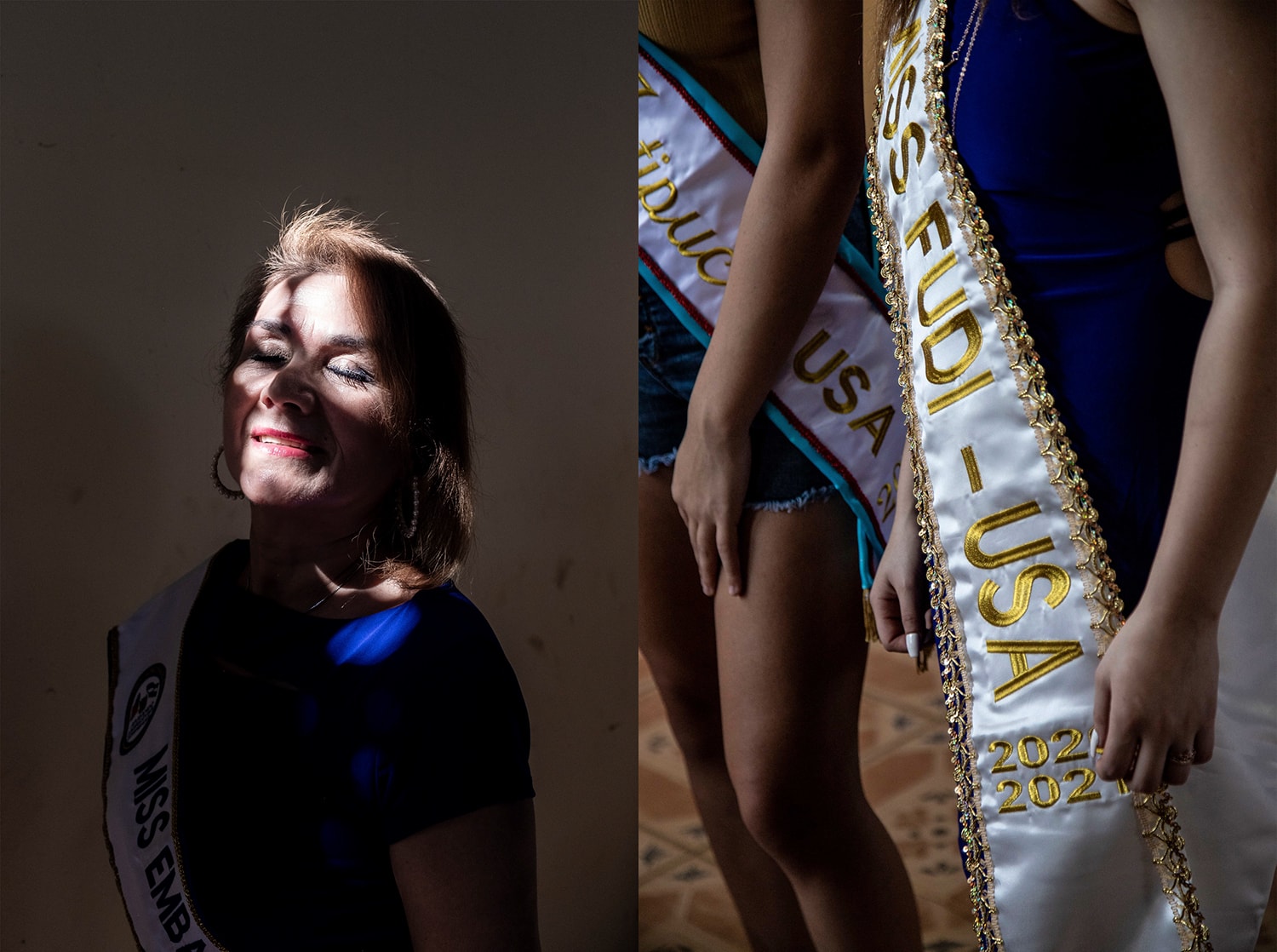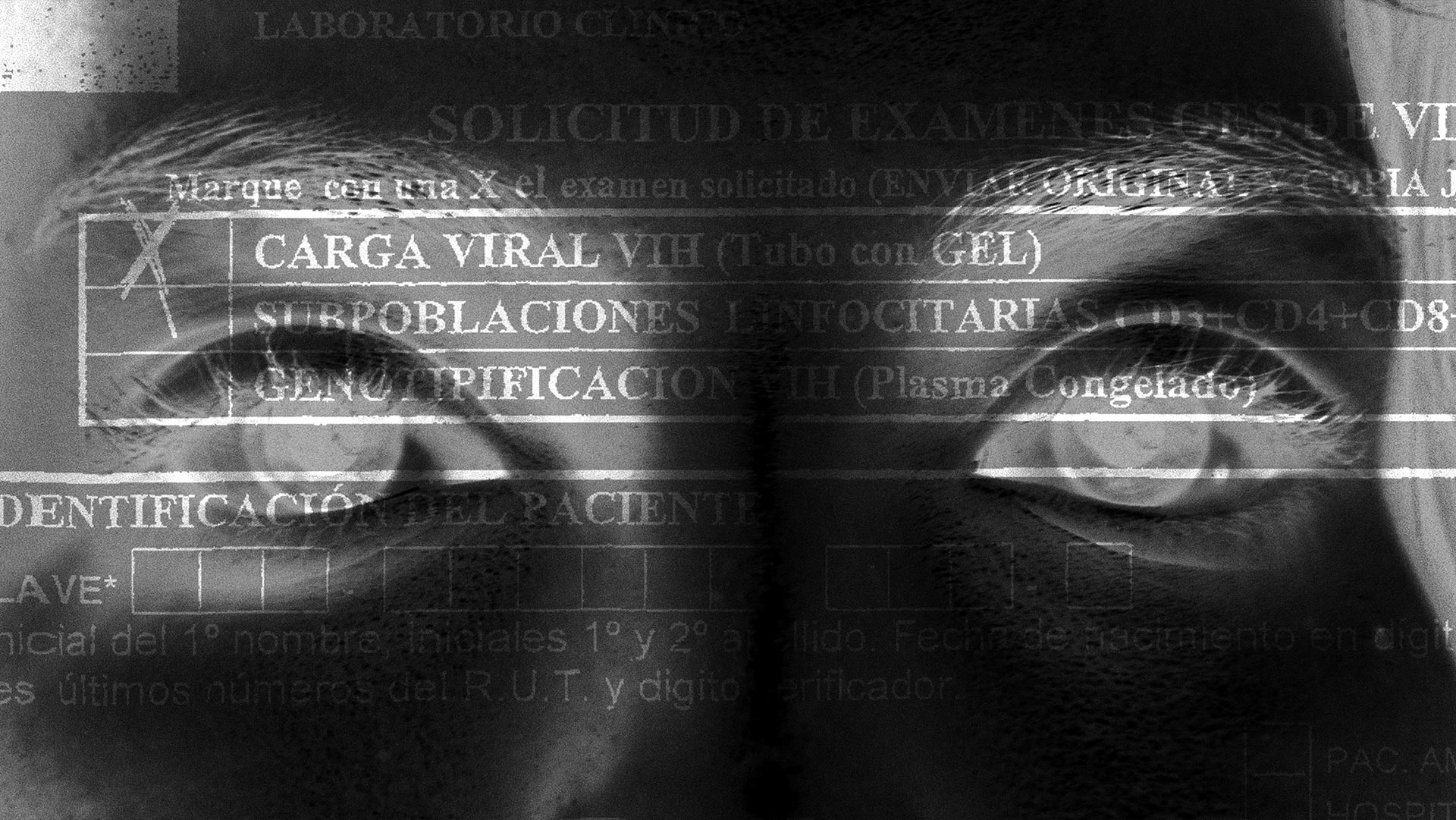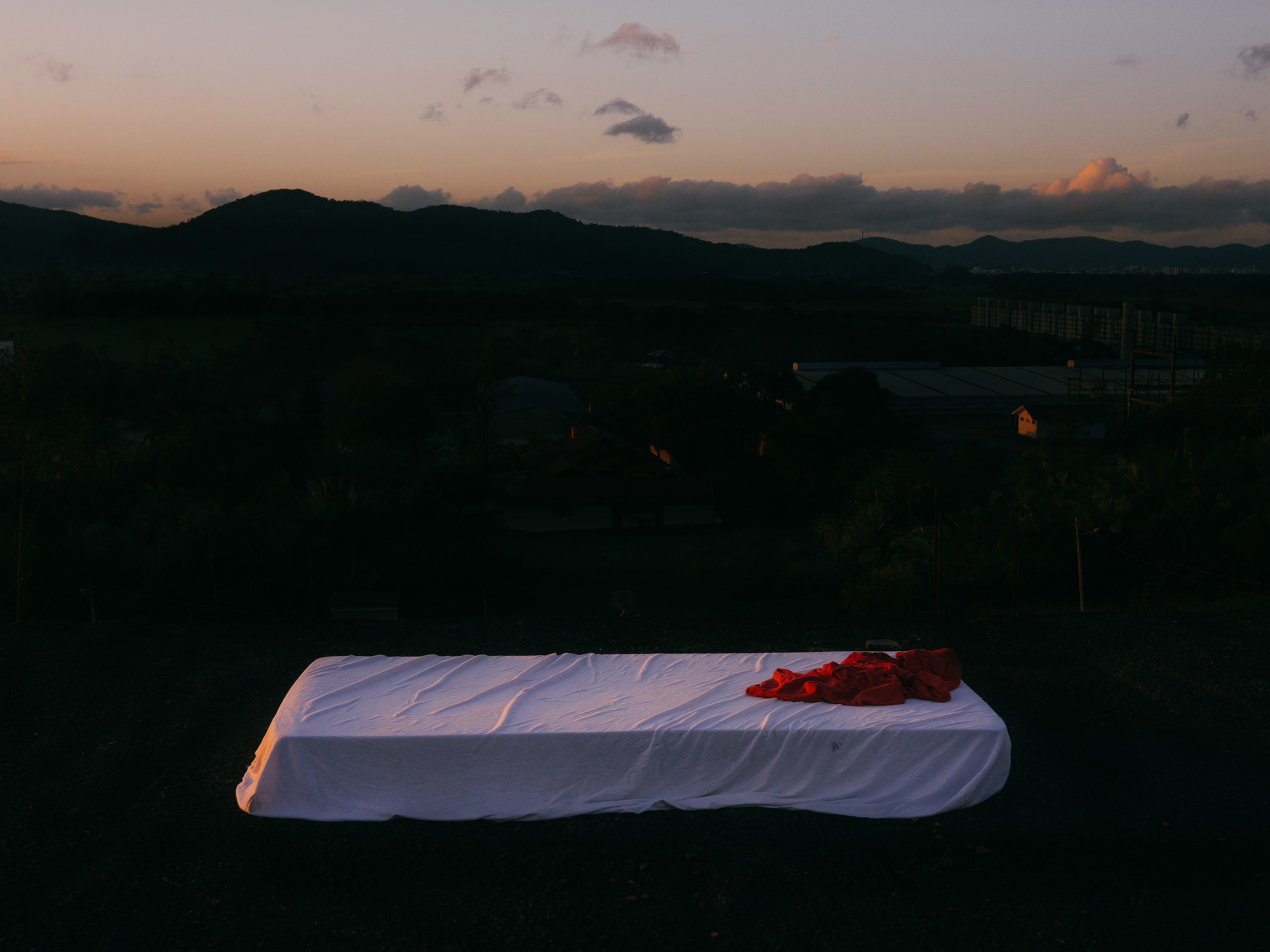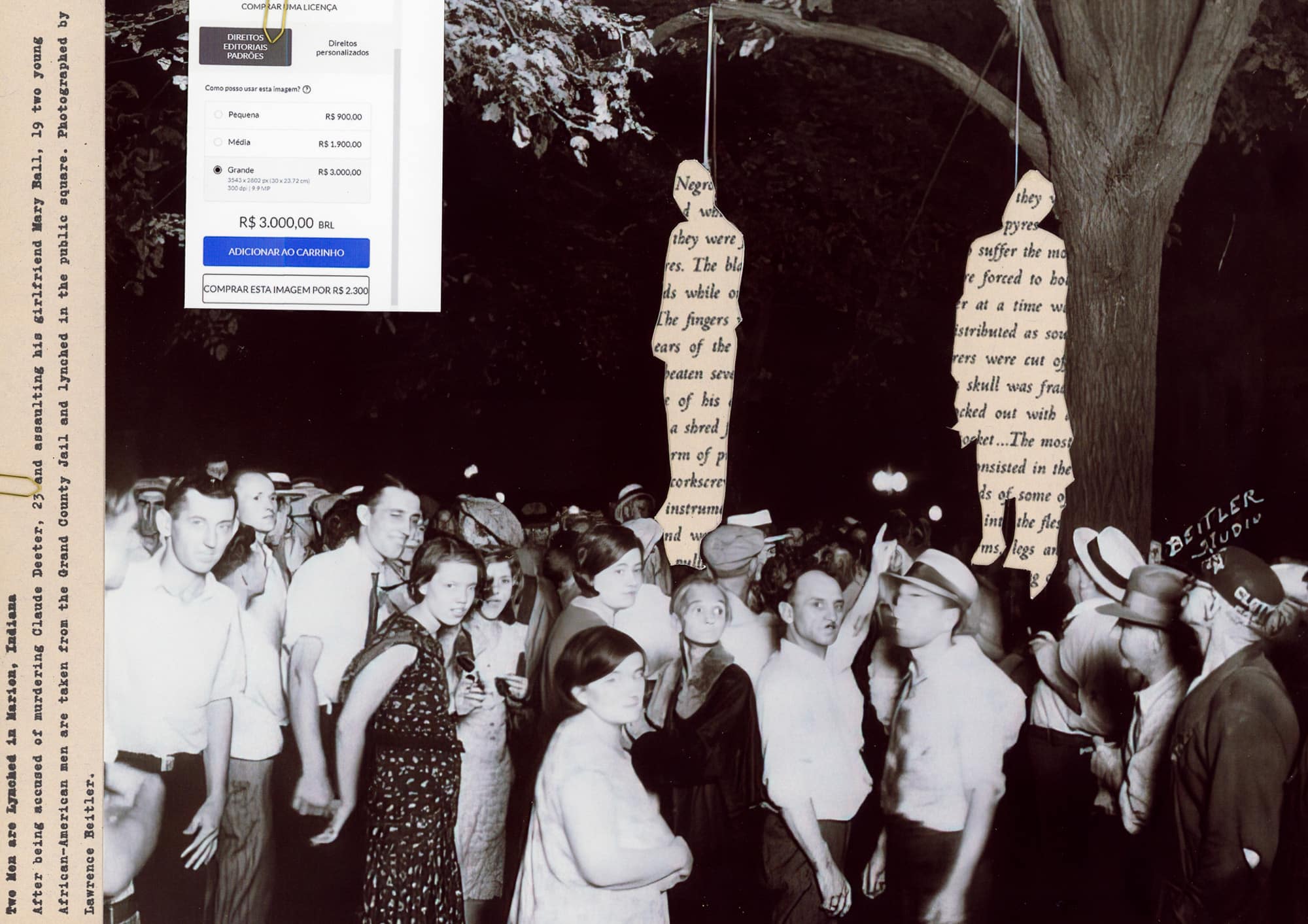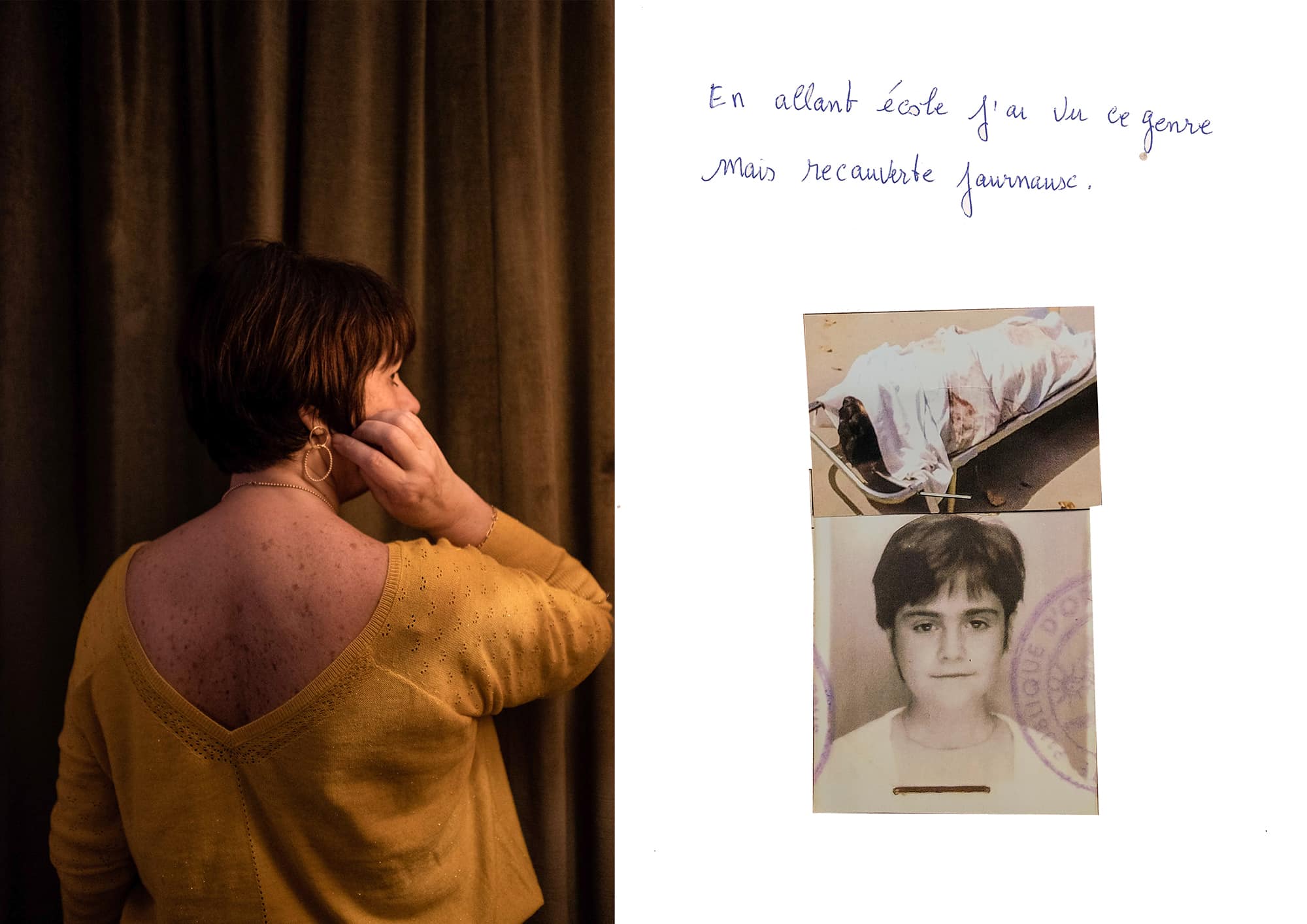
Migrate: from Fire to Desire
Anita Pouchard Serra defines herself as “French-Argentine”. She does it as a militancy. Who, other than her, has the power to decide her identity? She migrated to Argentina, and in Buenos Aires, she was trained as a photographer. As she progressed professionally, she also discovered her history as a migrant. If it was not a political or economic conflict, what was the fire that made her come out of it? What are her points of union with other migrants? What history was there in her family? “Reina, Abdelbaki and Me” traces the past of her mother, who grew up in Algeria during the war.
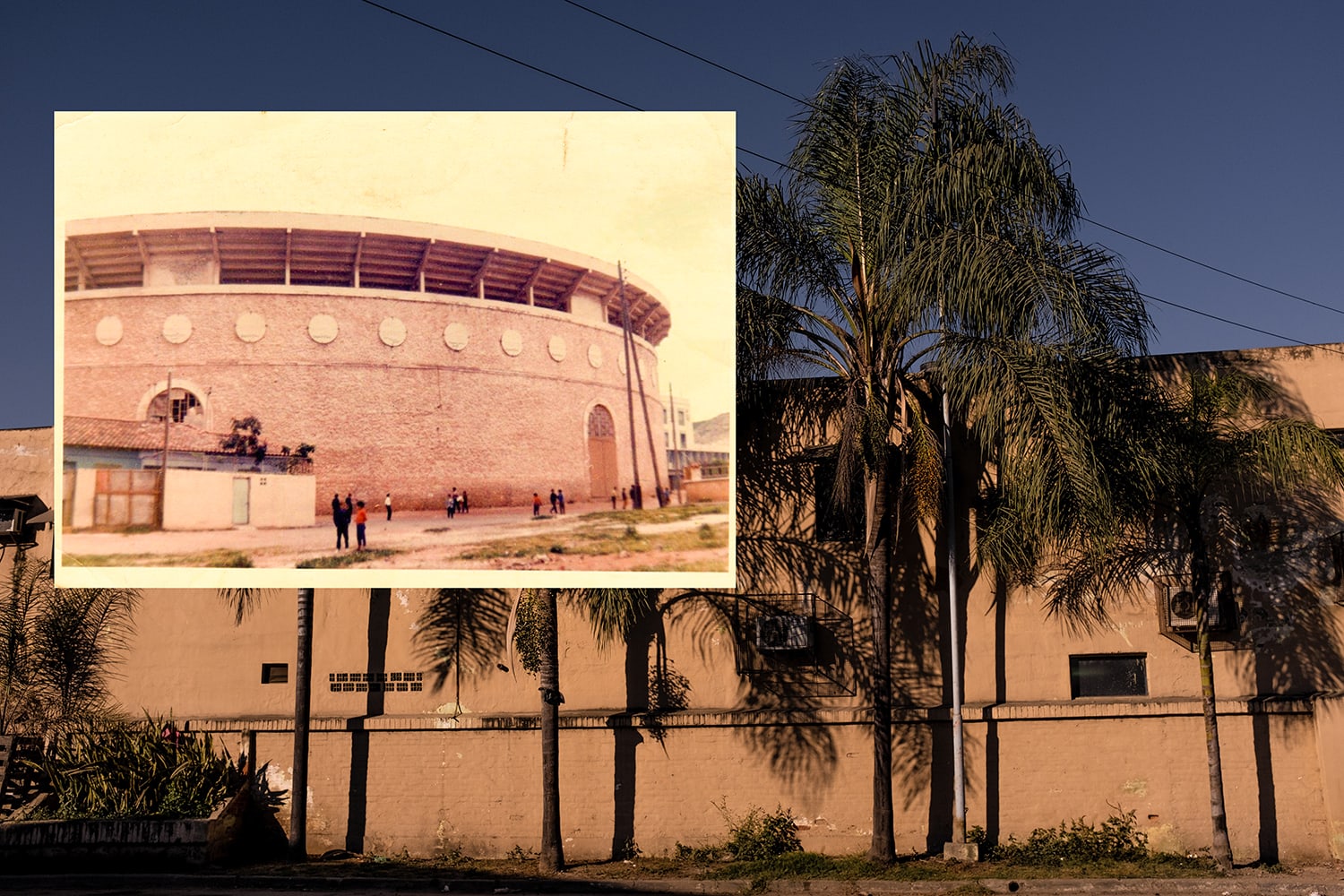
Anita Pouchard Serra
After that reflection process, why would you say that you migrated?
I had lived in Madrid, I had worked in Romania. I felt that to be me, I needed distance, movement. The coincidences of life take me to Argentina. I came with some money, two suitcases, an architect, and an anthropologist degree. It was a slow process in which the image took up more and more space. I studied photography at the ARGRA school and the UBA. Argentina is where I became a photographer.
How did you come to define yourself as French-Argentine?
A third of my life goes in this country, it is mine and I am part of it. Naming me “French-Argentine” is activism. Until today I do not have a permanent ID. I am not going to wait for a state to tell me whether or not I am, whether I belong or not. It happens like with gender issues: I started saying it from the moment I started to feel it. I vindicate it as a way to say what I feel and start to bother. There will be those who say “it is not true” but what is true? Is a DNI going to make me feel more Argentine?
It was challenging for me to think of myself as a migrant, partly because of how migrants are represented in the images we see. Today I claim to be a migrant because we share many things: double culture, being divided. I belong to that fire that forces me to leave. I think we always go out because something pushes us. It can be small, a conflict, or a situation of violence. It always brings us some needs from our place of origin. Attachment, detachment, the need or not to connect with our birthplace fluctuates. Sometimes I feel that I am a bridge, and sometimes that I am a wall.
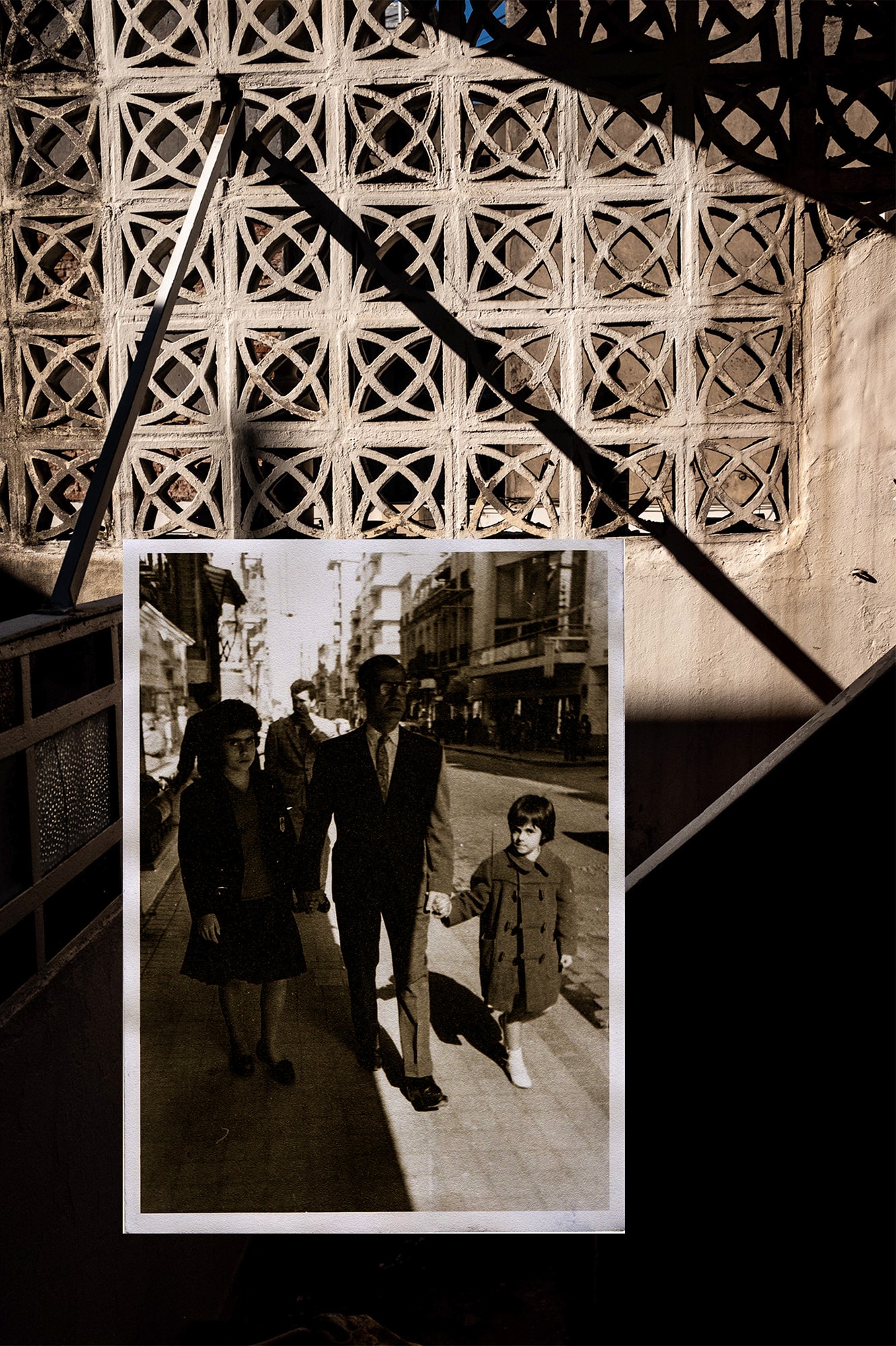
Anita Pouchard Serra
I put a lot of effort into integrating myself. In France, we think about integration as a bulldozer. You must disappear to become a French Republican. One of the mentors in my life was French Romanian, and he kept his accent throughout his life. One day I asked him why he hadn’t made an effort to change it. And he said to me: “Who do you think you are? This is my identity, this is me ”. I felt bad: He was right. Now my way of speaking fluctuates based on how I feel.
How did you approach migration as a subject from photography?
In the first job I did at ARGRA, in 2015, I went to France to visit my family. It was the refugee crisis, of the 15 vacation days, I spent 10 covering. There born the first project from my activism, my ideals. Little by little I started other projects like Welcome to Intipuca city.
I was discovering concepts that I had denied, all that part of my maternal family. I started asking myself questions about transnationality until they bounced me right in the face. I researched my history and started my personal and family project: Reina, Abdelbaki, and Me. It’s complex, it’s very slow, it’s about family memories around the Algerian war. It is a cross story between my mother’s migration from Algeria to France (she was Spanish), my own migration (how I read that story from a distance) and the impact of colonialism. I began by crossing colonial stories: my mother is from Oran, Algeria, and I went to Nueva Oran, in Argentina.
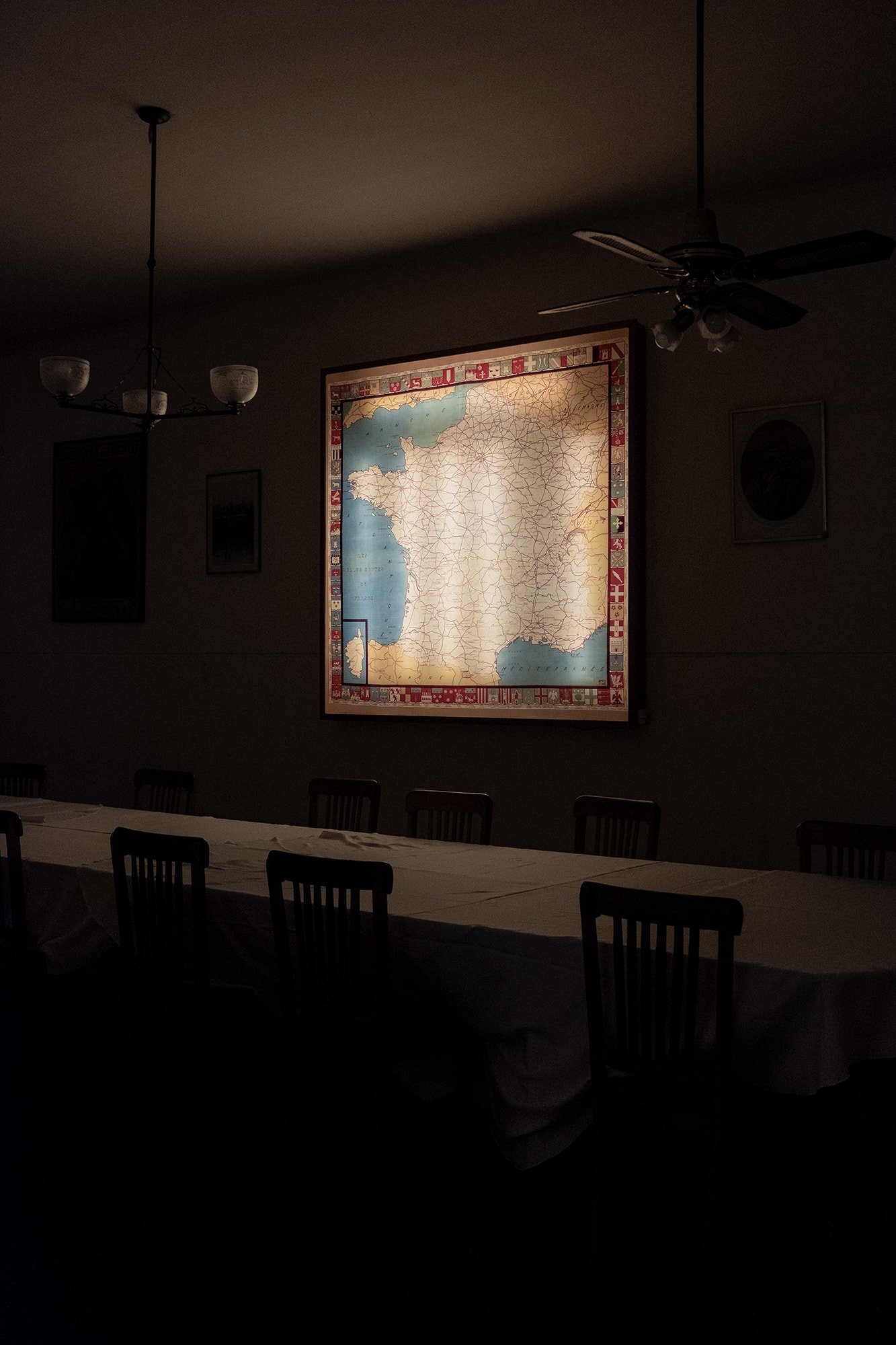
Are you looking for points of connection?
Some people have to flee from very serious situations. Others we choose. We always go for something. I like to unify migrant stories to break stereotypes and stigmas. It interests me that we re-understand migrants as beings who arrive in the territories with many desires: to move forward, to build, to do.
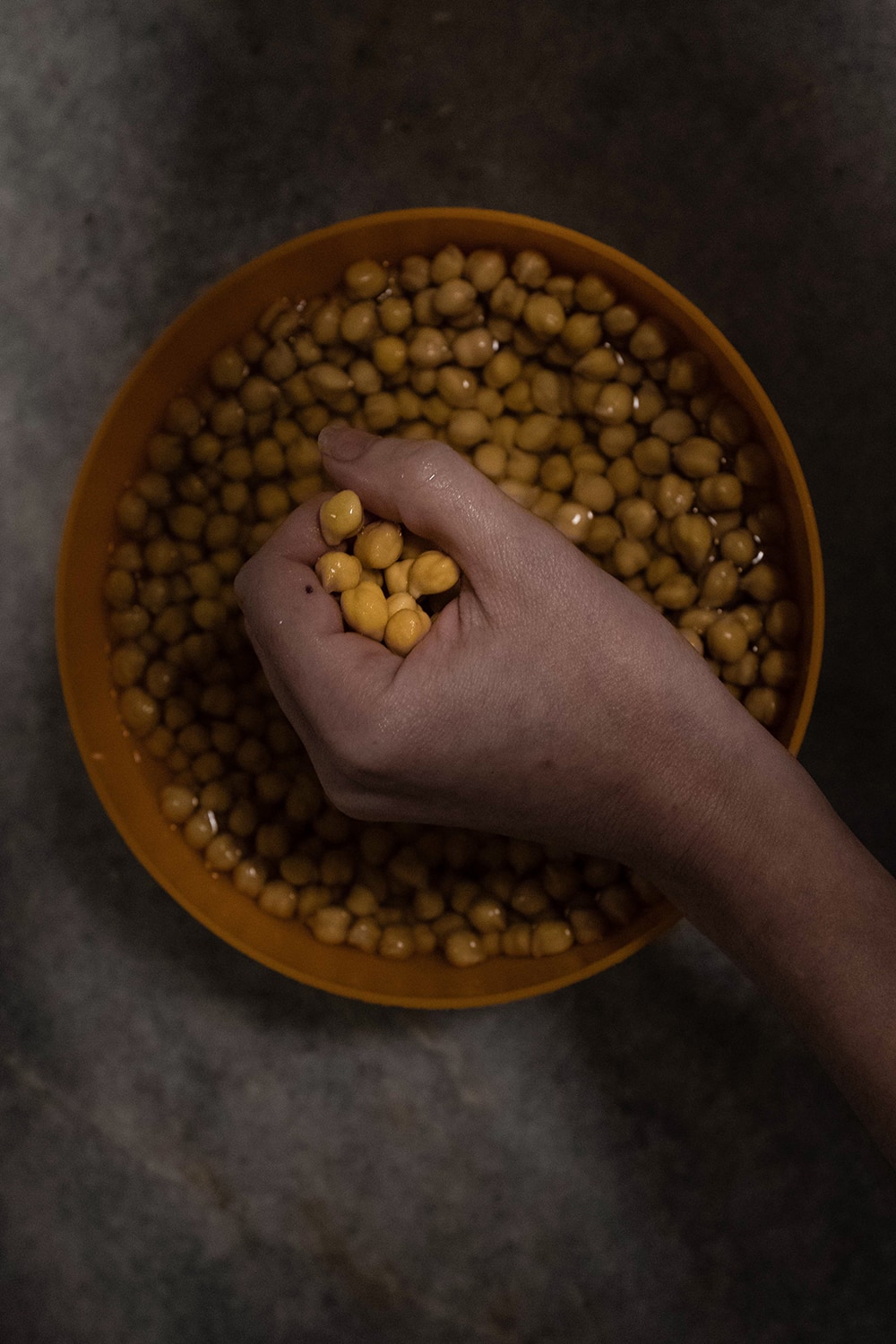
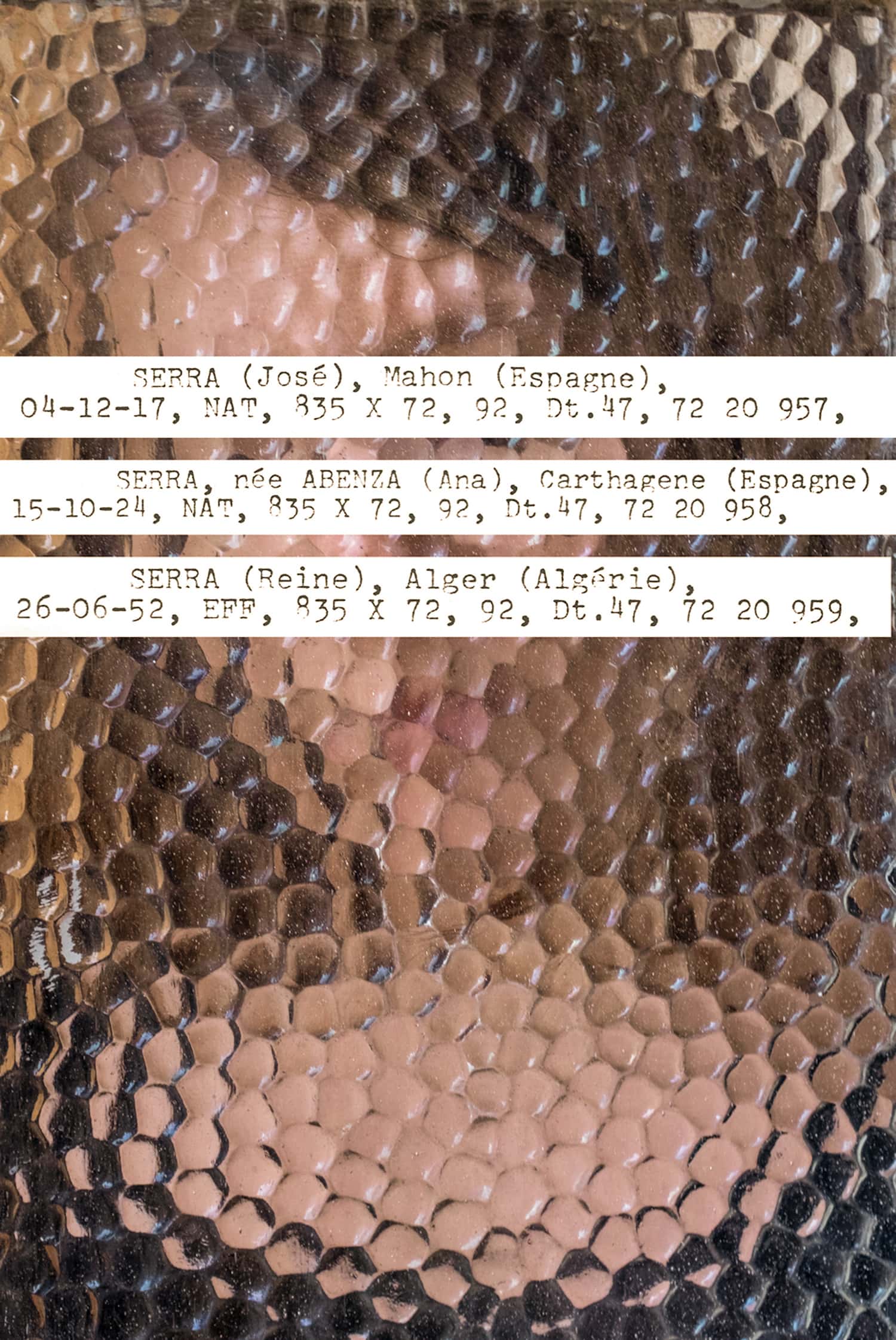
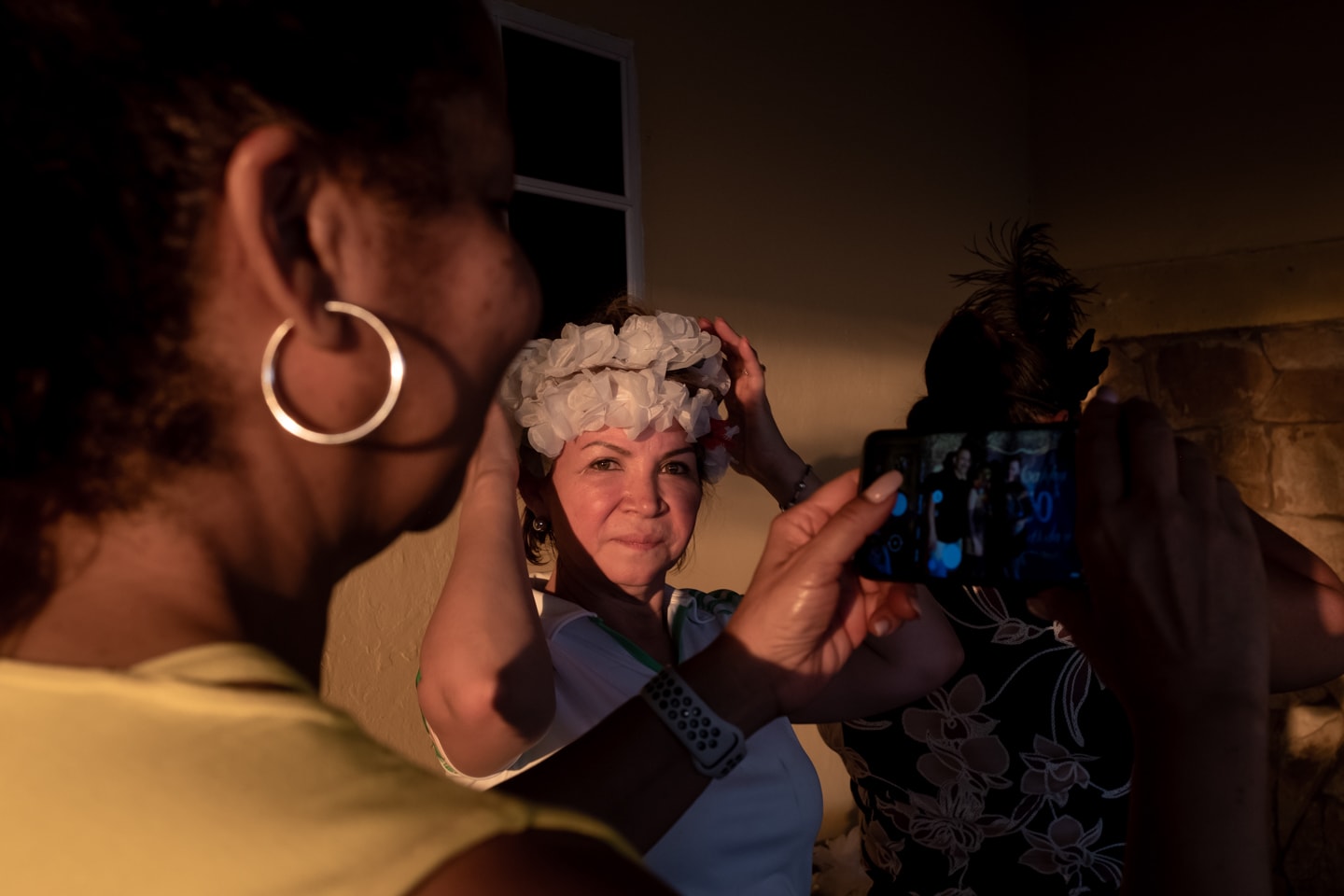
Anita Pouchard Serra, Koral Carballo y Jessica Avalos
